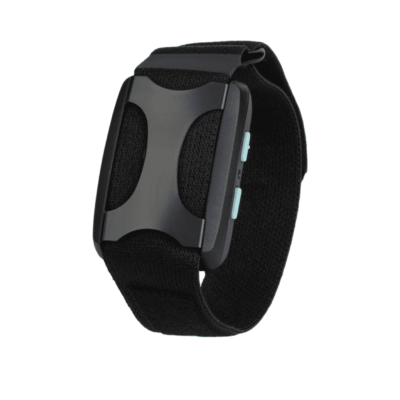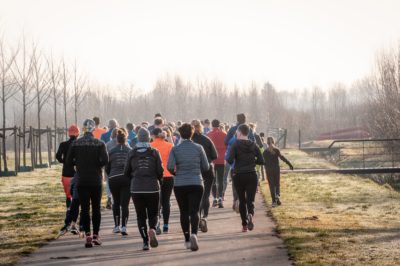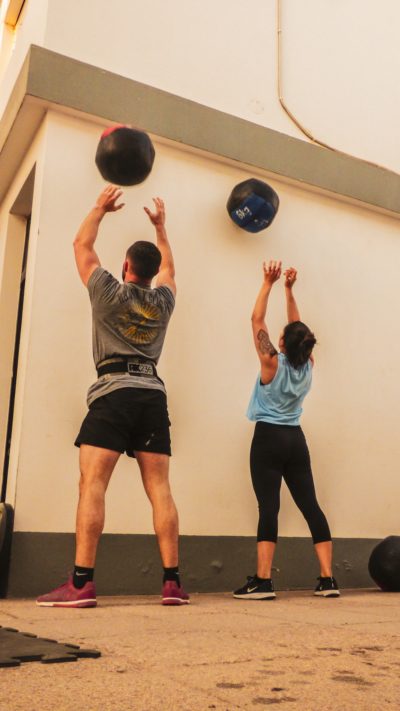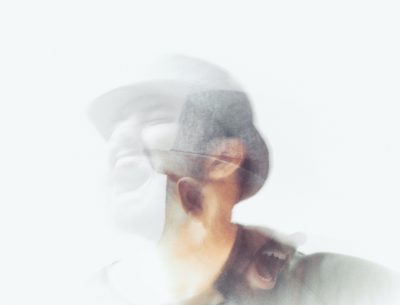Sleep
In this review for the Apollo Neuro Werable, Dr. John A. King describes how it has helped him with sleep disruption and other symptoms related to PTSD.
Regular exercise can help you get better sleep. Let’s look at the health issues caused by sleep deprivation, and discuss how exercise can help us get all the zzz’s.
One way to cope with having a bad day, dealing with anxiety, stress overload or feeling stuck is to provide yourself with a healthy distraction. Exercise is definitely one healthy distraction we keep as a tool in our toolbox–it’s great for your body and tends to help you get ‘out of your head’ for a bit.
Exercise and Mental Health: Reducing Stress Naturally
We all can benefit from reducing or managing stress. Exercise can be a key tool in our mental health toolbox. Here are some ways we can reduce our stress naturally through exercise.
How to Manage Negative Thoughts – The single most productive thing to learn in your recovery journey is how to take a thought captive–how not allow it to rule or ruin a moment, a day, an opportunity. In this quick video Dr. John A. King discusses something that is at the very heart of his book #dealwithit – living well with PTSD.
The Importance of Resilience in Overcoming Trauma. In an interview with Chris Lengyel of Help Me PTSD, Melissa and I discuss the importance of resilience in sustainable trauma or PTSD recovery.
Lack of sleep will make you cranky and out of sorts. It will affect your memory, may lead to accidents, weaken your immune system and even make you fat!
Here are 4 simple things I do when I am struggling with PTSD nightmares and flashbacks.






